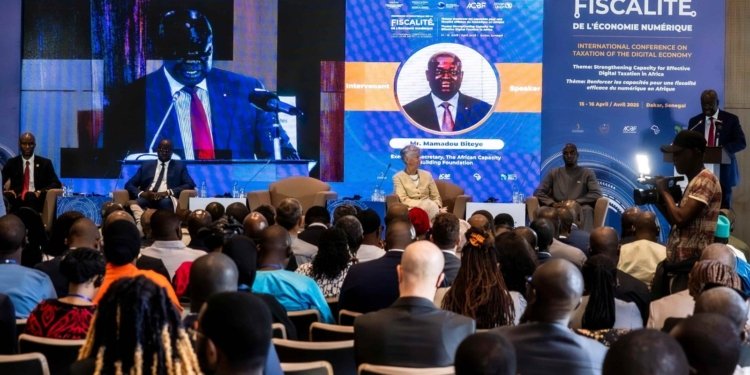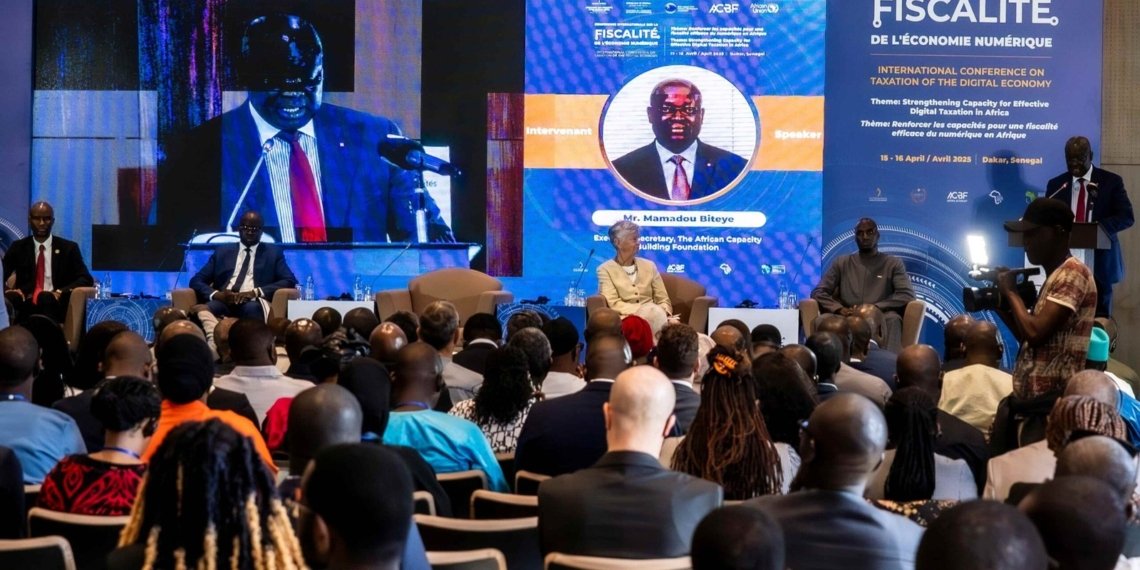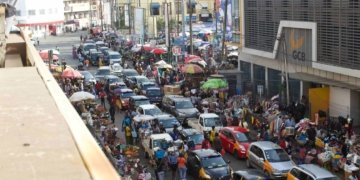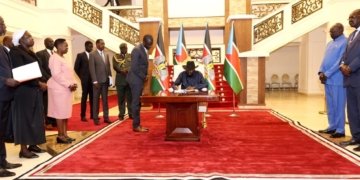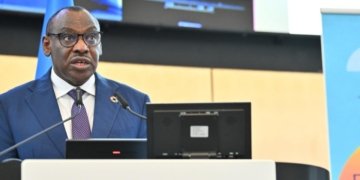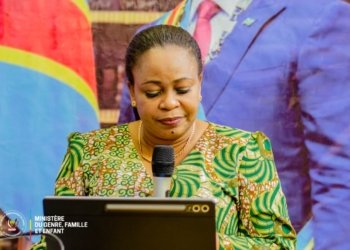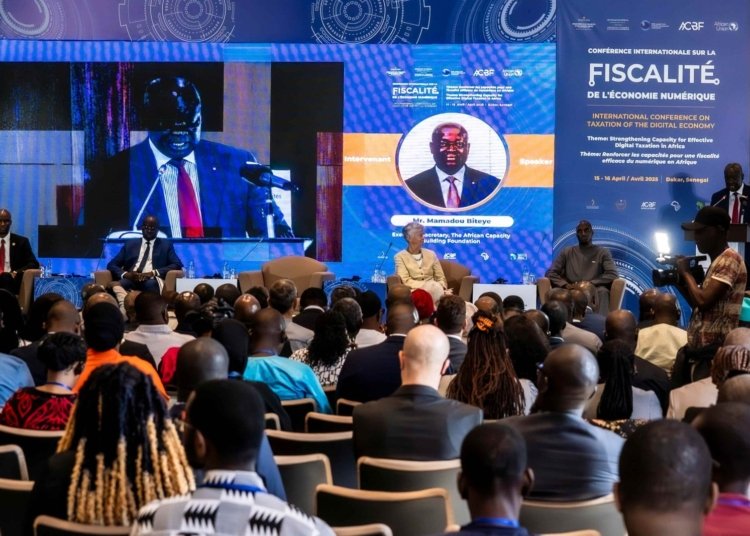Dakar, Senegal (BG) – The first International Conference on Taxation of the Digital Economy in Africa opened Tuesday in Dakar, bringing together senior tax administrators, policymakers, and digital economy experts from across the continent and beyond.
The two-day event, held from April 15 to 16, is organized by the African Capacity Building Foundation (ACBF) in partnership with the Government of Senegal and supported by Finland.
The conference aims to build a common African approach to taxing the digital economy, a sector growing rapidly across the continent yet still largely under-regulated in fiscal terms.
“This conference is held in a global context of affirmation of sovereignty but also of globalization with a rapid digital transformation of the world economy and our societies,” said Mamadou Biteye, Executive Secretary of ACBF, in his opening remarks.

He noted the continent’s challenges in financing its development amid declining external aid and stressed the need for domestic resource mobilization.
“The current context of the African economy is marked by the growing desire of African countries to take charge of their own development with full sovereignty by mobilizing internal resources and establishing an effective tax system to support their sustainable development,” he said.
Despite Africa’s fast-growing digital markets, Biteye warned of major revenue losses, citing World Bank data.
Harmonized digital taxation framework
“Less than 20% of African countries have implemented tax regimes adapted to digital services, resulting in estimated annual tax losses of $6.5 billion due to tax evasion,” he said.
A harmonized digital taxation framework, he added, could yield an additional $5 billion in revenue per year.
To support this effort, ACBF announced it will launch a new initiative called BETA – Building Excellence in Taxation and Administration.
“Just this morning, I would like to officially announce that ACBF will soon make available, right after this conference, a capacity-building program on taxation called BETA (Building Excellence in Taxation and Administration) covering digital economy taxation and economic and tax research, among others,” Biteye said.
Senegal Calls for Fiscal Modernization

From the host country, Cheikh Diba, Senegal’s Minister of Finance and Budget, emphasized the urgency of fiscal modernization.
“The continent records an annual loss of $60 billion due to the non-digitization of tax collection and illicit financial flows,” he said.
He also noted that in 2023, Senegal adopted a digital services tax targeting revenues from major tech companies.
The country is investing 1,361 billion CFA francs in 28 reforms and 69 digital projects as part of its broader transformation agenda.
Diba proposed a coordinated African response around three pillars: digital infrastructure and training, international cooperation aligned with global frameworks, and tax equity.
International Support

Anu Saxen, Ambassador of Finland to Senegal, expressed her country’s commitment to supporting capacity-building efforts in Africa.
“It is a great honor for me to address you today at the opening of this important international conference on taxation of the digital economy in Africa,” she said.
“The diversity of perspectives represented here today underscores the complexity of the challenges, but also the strength of collective effort,” Saxen added.
A Unified Continental Approach
Representing the African Union Commission, Patrick Olomo, Head of Economic Policy and Sustainable Development, reiterated the need for a unified continental approach.
“The United Nations framework convention on international tax reform is a major step to enable us to make the most of digital economy taxation,” he said.
He also stressed the urgency of scaling up domestic revenue mobilization as external assistance and foreign investment decline.
“It is therefore time to invest in the digital economy, to invest in the key sectors that will help develop the potential of our continent by making the best use of the domestic resources we can mobilize,” Olomo said.

As digital technologies reshape economies, the Dakar conference marks a pivotal moment in Africa’s quest for fiscal sovereignty.
The momentum built in Dakar may be a foundation for stronger collective action on the global stage.

